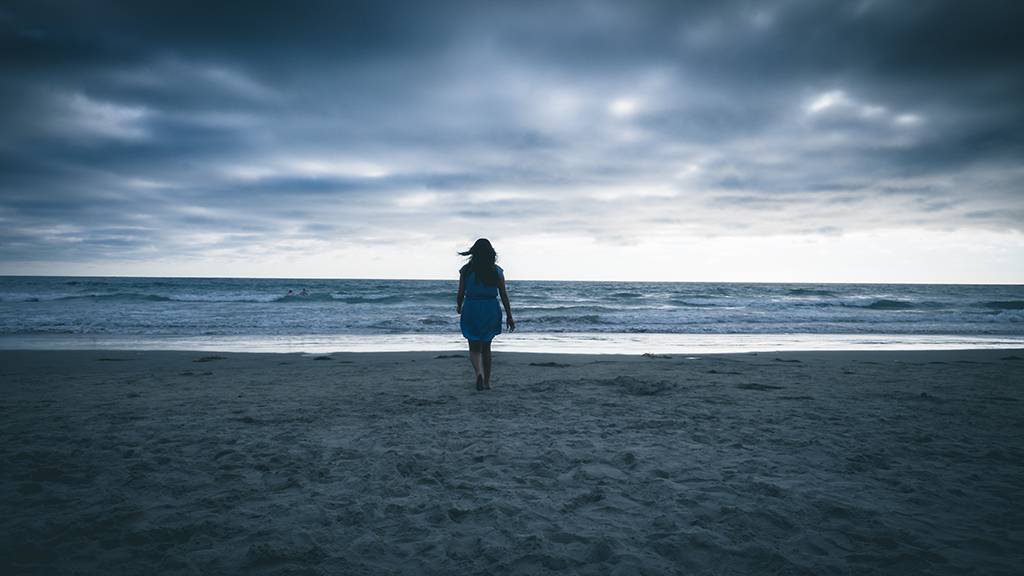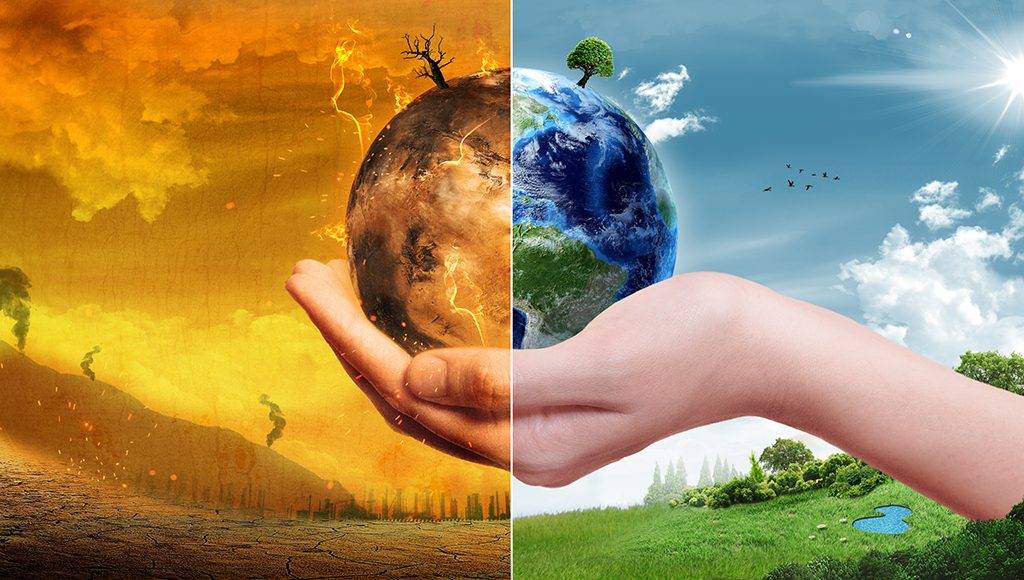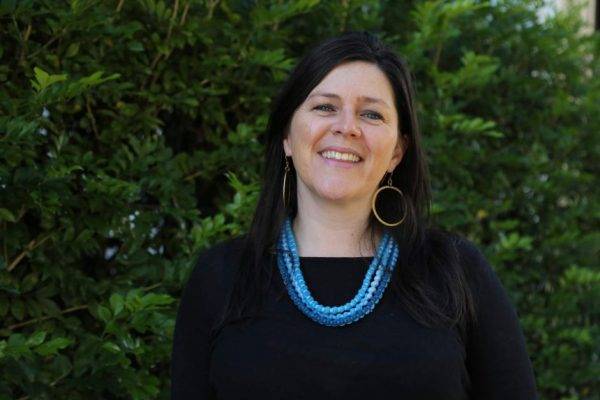On a daily basis, it’s difficult not to feel sick with guilt over the current dire environmental situation.
Every newsfeed seems to be filled with horrific videos of plastic in the ocean and dying turtles. This guilt and anxiety can sometimes be overwhelming, to the point of feeling despair.
These terms are unofficially coined as ‘ecoguilt’ and ‘ecoanxiety’, recently gaining attention in the psychology world.

"Besides the feeling of guilt for failing to do enough for the planet, ecoanxiety is on a much wider scale."
Anxiety what?
Ecoguilt and ecoanxiety are terms to describe feelings of guilt and anxiety directly connected to the environment and climate change. Robyn K Mallet described ecoguilt in 2013 as “…a negative affective state or feeling that occurs when people perceive they have failed to meet personal or social standards for environmentally friendly behavior“. This is linked to ecoanxiety, which has recently been highlighted in a published guide last year – ‘Mental Health And Our Changing Climate: Impacts, Implications and Guidance’
‘When you think about climate change, mental health might not be the first thing that comes to mind. Americans are beginning to grow familiar with climate change and its health impacts: worsening asthma and allergies; heat-related stress; foodborne, waterborne, and vector-borne diseases; illness and injury related to storms; and floods and droughts. However, the connections with mental health are not often part of the discussion.’
Page 5, ‘Mental Health & Our…’ 2017
Besides the feeling of guilt for failing to do enough for the planet, ecoanxiety is on a much wider scale. Climate change has economic, social, political and environmental impacts on people worldwide, which can lead to stress and depression. This is especially an issue for those living in areas susceptible to weather damage.

The positive side
There is thankfully a positive side to the spread of environmental news, which is education. There is a need in this world to show people the truth, to inspire action and change. History is filled with examples of action and rebellion after exposure to shocking facts. For example, the wildlife documentary Blue Planet has caused a rippling effect in the UK against plastic. The show, watched by an average of 10.3 million people showed the devastating effects plastic has had on the ocean. Since the show, the Queen has banned plastic straws and bottles on her royal estates and applications for Marine Biology degrees have dramatically increased in the UK.
This effect may be due to the confrontation of negative behaviour. A study in 2013 found that participants were more likely to have behavioural change, if they were confronted and felt guilty by their carbon footprint calculation. This shows that some people might actually require ecoguilt to change their behaviour and take action. There is a fine line however between ecoguilt causing change, to ecoguilt causing anxiety.
Moving forward
I recently heard great advice from Alanna Mitchell, the Canadian author and science journalist, at her latest talk ‘Sea Sick’. Alanna has been on her own mission, communicating the global climate crisis in her own way. The main take away I got from her talk was, to stop feeling guilty and take action. That’s not to say ‘don’t think about it and leave it to someone else’. Just stop feeling guilty and do what you can, within your mental health limits. Focusing on one area might be more effective than attempting to fight every environmental battle.
In geographical areas that are more susceptible to mental health issues, caused by climate change, there is a desperate need for government funding and education to cover the issue. This should be set in place to not only combat climate change but also the mental health issues that may come with it.
Also, take a time out from social media world once in a while and go for a walk. It might help clear your head!


